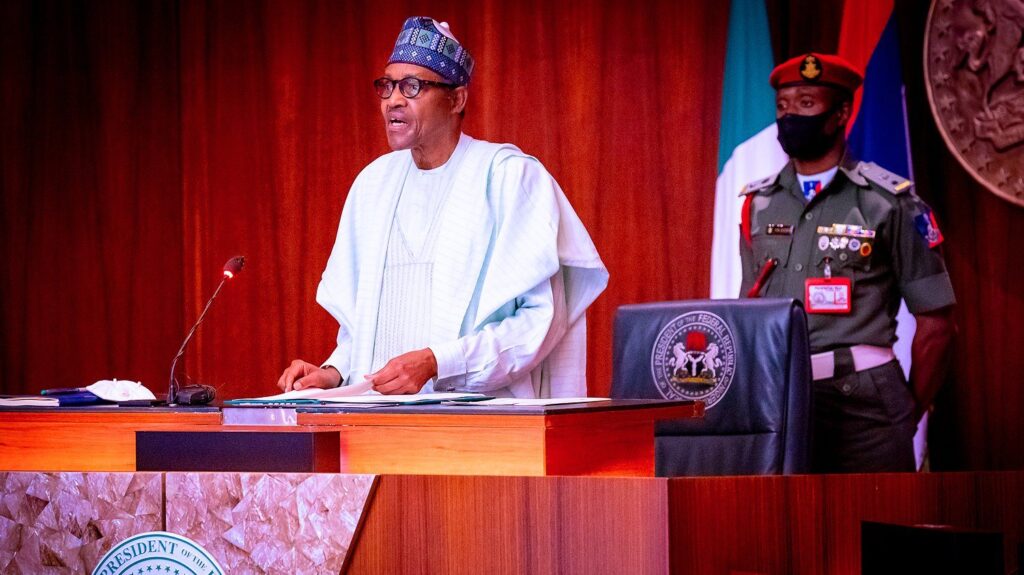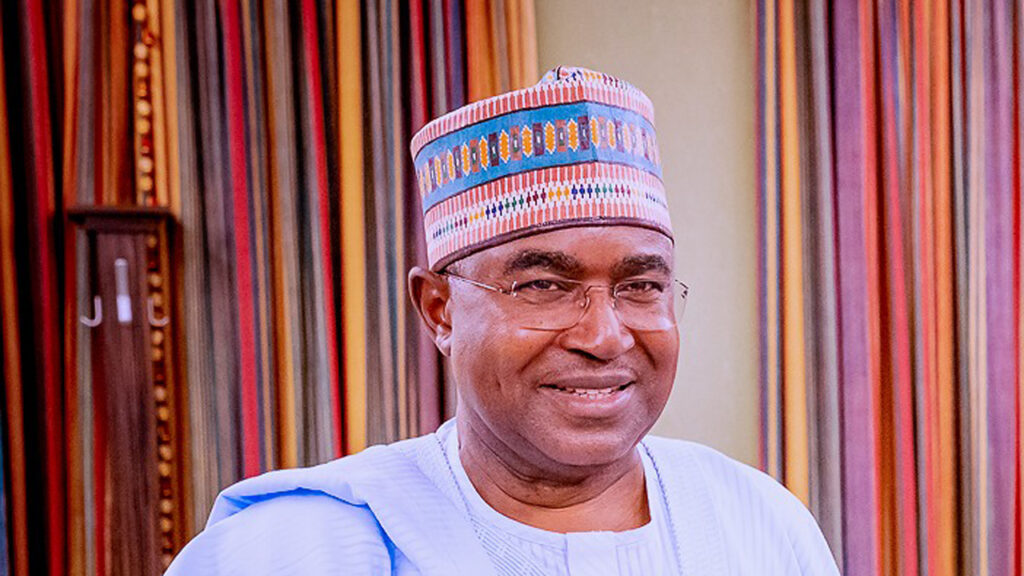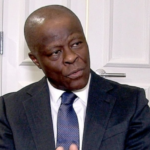
This was the reason the country needs restructuring, according to Rev. James Pam, the author of the book, The Imperative of Restructuring Nigeria.
Speaking during the public presentation of the book yesterday in Jos, Plateau State, the cleric pointed out that the constitution lodged power at the centre, while states were ever subservient.
Chief launcher of the book, Jack Perry, aligned with calls that Nigeria must be restructured to give the states back to the people.
Advocating fiscal federalism, Perry added that all the natural resources found in each state should belong to the states where they are found.
He also enumerated the key roles the Middle Belt had been playing in uniting the country, stressing that without the Middle Belt’s intervention, the country would have been in a shambles.
According to a former commissioner in Plateau State, Nankin Bagudu, everybody is tired of what is happening in Nigeria.
“People are suffering, and we must get it right or we continue to suffer. We should, therefore, join our brothers and sisters in the South-South, who have been in the struggle. We know who is trying to kill us. If Nigeria splits today, the least prepared zone is the Middle Belt because there is no strategy. And if we don’t have a strategy, we will just be lamenting,” he added.
Chairman of the Association of Middle Belt Ethnic Nationalities (ASOMBEN), Sule Kwasau, said the Hausa/Fulani had their peculiar culture, adding that in the Middle Belt too, there were Muslims and Christians, who should be enlightened, as “Hausa/Fulani is an ideology.”
Kwasau urged the Middle Belt Congress not to just read the book, but to continue to strategise for the future.
Pam also pointed out that the civil populace did not know the criteria the military used to create the 36 states and 774 local councils; hence the need for restructuring.
“This has created problems. For example, Lagos and Kano states almost have the same population and their economy is nearly the same. While Kano has 44 local councils and 24 members in the House of Representatives, Lagos has only 20 local councils and 10 members in the House of Representatives,” Pam contended.
He, therefore, asserted that “Nigerians want the obvious imbalance to be corrected,” adding that the only way it could be done was through restructuring, which Nigerians had been yearning for.













